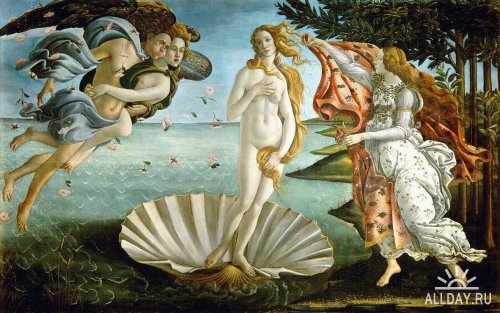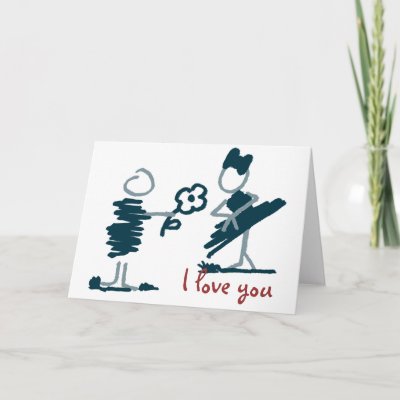
Pronunciation:
\en-ˈkō-mē-əm\
Definition:
glowing and warmly enthusiastic praise
Etymology:
Latin, from Greek enkōmion, from en in + kōmos revel, celebration
First Known Use: 1567
I saw this word used in a comment about the press after Whitney Houston's death. Here is the quote:
"If you've come within earshot of a mainstream media outlet in the past week, you've encountered a tribute to Whitney Houston. There's a huge unspoken presence in almost every encomium, though: perhaps out of reluctance to seem to speak ill of the dead, they don't mention Houston's disastrous 2010 tour, which was as clear a signal as the public could've asked for that the singer was suffering."
What a sad topic, but a great word. This is one of those words that could be used prolifically and very few would have any idea what it meant!
Use it, wordsmiths! Use it!





